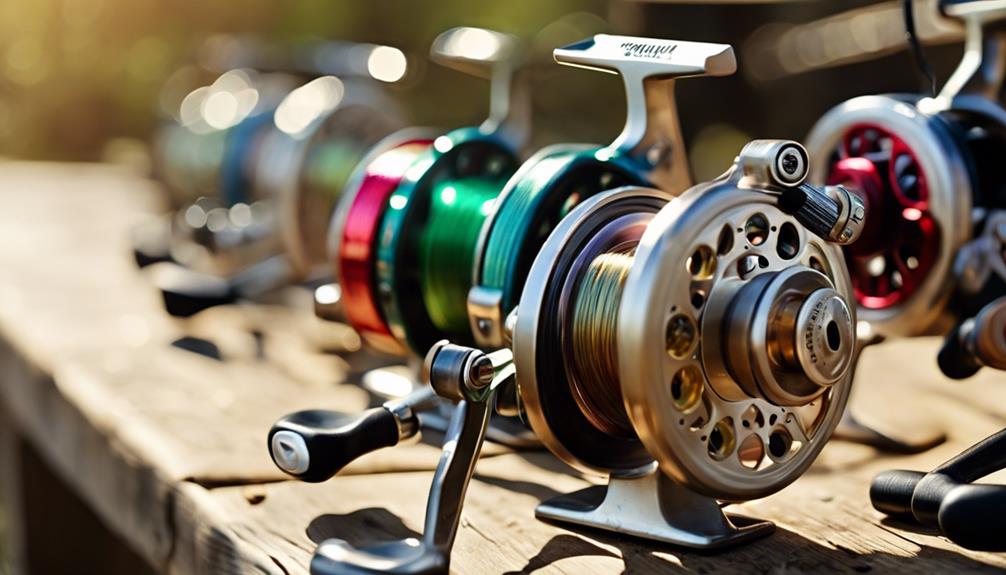Fishing is a beloved pastime for many, offering a chance to connect with nature, unwind, and perhaps even catch dinner. However, before you cast your line into the water, it’s essential to understand the regulations that govern fishing in your area. One common question that arises is: Do you need a permit to fish? In this detailed guide, we will explore the various aspects of fishing permits, including why they are necessary, how to obtain them, and the potential consequences of fishing without one.
Understanding Fishing Permits: Why They Matter
Fishing permits serve an essential purpose in managing fish populations and ensuring sustainable practices within aquatic ecosystems. Regulatory bodies, such as state wildlife agencies, implement these requirements to monitor fishing activities, protect native species, and maintain healthy water environments. By asking, “Do you need a permit to fish?” you’re already taking a responsible step toward understanding and respecting these regulations. Permits can help prevent overfishing, which is critical for maintaining the biodiversity of aquatic ecosystems.
Types of Fishing Permits: What You Need to Know
The type of fishing permit you need typically depends on several factors, including your location, the type of fishing you plan to do, and whether you’re a resident or a non-resident. Most states offer different types of permits, such as recreational fishing licenses, commercial fishing licenses, and special permits for specific species or fishing methods. For instance, some regions may require additional permits for saltwater fishing or for targeting particular game fish, like trout or bass. Understanding these distinctions can help you determine exactly what you need before you head out on your fishing adventure.
How to Obtain a Fishing Permit
Obtaining a fishing permit is generally a straightforward process. Most states offer online applications, making it convenient for anglers to secure their licenses from the comfort of their homes. You can also find fishing permits available at local bait shops, sporting goods stores, or government offices. To acquire your permit, you will likely need to provide some personal information, such as your name, address, and date of birth, as well as pay a nominal fee. Remember that fishing permits often come with specific regulations regarding size and bag limits, so make sure to read the fine print.
Age and Residency Requirements for Fishing Permits
When considering “Do you need a permit to fish?” it’s crucial to note that age and residency can affect whether you need a permit and what kind you require. Many states have specific age thresholds, often allowing children under a certain age to fish without a permit when accompanied by an adult. Additionally, non-residents may face higher fees or different licensing requirements than residents. Therefore, it’s essential to check your local regulations to ensure compliance and avoid any potential fines.
Consequences of Fishing Without a Permit
Fishing without a valid permit can lead to serious consequences. Most states impose hefty fines and penalties for anglers caught fishing without the proper licenses. These penalties can include monetary fines, confiscation of fishing gear, and, in severe cases, criminal charges. Beyond the legal ramifications, fishing without a permit undermines conservation efforts and can harm local ecosystems. Therefore, it’s vital to ensure you have the appropriate permit before indulging in your fishing hobby.
Where to Find Information on Fishing Regulations
If you’re still wondering, “Do you need a permit to fish?” the best source of information is your local wildlife agency or fisheries management office. Most states maintain official websites that provide comprehensive information about fishing regulations, including permit requirements, fishing seasons, and specific rules for various water bodies. Additionally, you can often find helpful resources through local fishing clubs or online forums where experienced anglers share their knowledge. Staying informed about these regulations is crucial for responsible fishing practices.
Fishing Permits and Conservation Efforts
Fishing permits are more than just a legal requirement; they play a vital role in conservation efforts. The fees collected from fishing licenses often go directly toward conservation programs, habitat restoration, and research initiatives aimed at preserving aquatic ecosystems. By purchasing a fishing permit, anglers contribute to the sustainability of fish populations and the overall health of water environments. This connection between fishing permits and conservation underscores the importance of compliance with fishing regulations.
Conclusion: Be a Responsible Angler
In conclusion, understanding the question “Do you need a permit to fish?” is fundamental for anyone looking to enjoy this rewarding activity. Fishing permits are not just bureaucratic red tape; they serve a crucial purpose in protecting our aquatic ecosystems and ensuring sustainable fishing practices. By obtaining the necessary permits, you contribute to the conservation of fish populations and habitats, ensuring that future generations can also enjoy the joys of fishing. So, before you head out on your next fishing adventure, make sure you’re informed and compliant with local regulations. Happy fishing!
